## Can a Solar Generator for Home Power a House?
In today’s world, energy efficiency and sustainability have become more than just buzzwords – they are fundamental to our way of life. Homeowners are increasingly looking for greener, more efficient ways to power their homes, and solar energy offers a compelling solution. But can a solar generator truly power an entire house? Drawing from over 15 years of expertise at Sunnysolar, I’ll dive into this question and break down the components that make home solar energy not just possible, but practical.
### Understanding Solar Generators
First, let’s clarify what a solar generator is. Unlike traditional gas-powered generators, solar generators are powered by solar panels that convert sunlight into electricity. This sustainable method uses photovoltaic cells to capture solar energy, which is then stored in a battery system. The stored energy can be used to power household appliances and devices.
At Sunnysolar, we design and install top-tier solar systems using reputable brands like Sunpower, Trinasolar, and LG. These components ensure that the energy generation and storage needs are met effectively, providing homeowners with a reliable source of power.
### Components of a Solar Generator System
When considering if a solar generator can power a house, it’s essential to understand the various components involved:
1. **Solar Panels**: Installed on the roof or any sun-facing surface, these panels capture sunlight and convert it into direct current (DC) electricity.
2. **Inverter**: This component converts DC electricity into alternating current (AC), the form of electricity used in homes.
3. **Battery Bank**: Stores excess energy that can be used when the sun isn’t shining, such as during nighttime or cloudy days.
4. **Charge Controller**: Regulates the power going into the batteries, ensuring they are not overcharged or damaged.
5. **Backup Generator** (optional): Provides additional reliability during extended periods of poor weather.
### Can a Solar Generator Power a House?
The answer to this question isn’t a simple yes or no – it depends on a variety of factors. I’ve encountered situations where homeowners were able to fully power their homes with solar generators, and others where supplementary systems were required. Here are some points to consider:
#### Energy Consumption
Understanding your household’s energy consumption is crucial. The average American household uses around 877 kWh per month. A solar generator system must be capable of meeting or exceeding this requirement. Conduct an energy audit to determine your needs, which will guide you in designing an appropriate system.
#### Solar Panel Efficiency and Placement
The efficiency of solar panels and their placement significantly affect energy generation. At Sunnysolar, we use industry-leading technologies to maximize energy capture. Panels should be placed where they receive the most sunlight, typically on a south-facing roof. Shading from trees or other structures must be minimized to ensure optimal performance.
#### Battery Storage Capacity
Battery capacity is another key factor. Without adequate storage, the system won’t be able to supply power consistently. Lithium-ion batteries are commonly used due to their efficiency and longevity. Ensure that the battery bank can store enough energy to cover your usage during periods when solar generation is low.
### Real-World Applications: Success Stories
To illustrate this, I’ll share a couple of real-world examples from our satisfied customers at Sunnysolar:
#### The Thompson Family’s Off-Grid Retreat
The Thompsons wanted to make their vacation home completely off-grid. We conducted an energy audit and installed a system comprising high-efficiency Trinasolar panels, a robust battery bank, and an inverter. Despite its remote location, the home now enjoys reliable power all year round. They no longer have to worry about fuel for a traditional generator or being cut off during storms.
#### The Smiths’ Urban Home
Living in a bustling city, the Smith family wanted to reduce their carbon footprint. They opted for a hybrid system with Sunpower panels and a backup generator. Their system covers about 80% of their energy needs, significantly lowering their electricity bills. During a recent blackout, their lights remained on, much to the envy of their neighbors.
### Cost Considerations
While the benefits of solar energy are clear, the cost can be a barrier for some homeowners. Initial installation can be expensive, but there are numerous incentives and financing options available. Federal tax credits, local rebates, and the long-term savings on energy bills can offset the upfront costs. At Sunnysolar, we work closely with clients to maximize these opportunities, making solar more accessible.
### Environmental Impact
Switching to solar has substantial environmental benefits. By reducing reliance on fossil fuels, homeowners can decrease their carbon footprint. At Sunnysolar, our installations contribute to local sustainability projects, further amplifying the positive impact. A portion of each install goes towards funding initiatives such as solar installations in community buildings and educational programs about renewable energy.
### What to Expect from the Installation Process
Choosing the right system and installer is critical. Make sure to select a company with a proven track record – like Sunnysolar. Our NABCEP-certified installers carry out detailed site assessments, custom design solar arrays, handle the necessary permits, and ensure a smooth installation process. Here’s a brief overview of what to expect:
1. **Consultation**: Initial meeting to discuss your energy needs and goals.
2. **Site Assessment**: Evaluate your property to determine the best positioning for panels.
3. **Design and Proposal**: Customized solar system design and cost estimate.
4. **Permitting**: Handle all local permits and utility agreements.
5. **Installation**: Professional, efficient installation by certified professionals.
6. **Inspection and Approval**: Final inspection to ensure everything meets regulations and functions properly.
7. **System Activation**: Switch on your new solar power system and start generating clean energy.
### Conclusion
So, can a solar generator power a house? Absolutely, with the right considerations and systems in place. Homes both large and small can benefit from solar energy, whether supplementing the grid or going entirely off it. Remember, each home is unique, and it’s essential to understand your specific needs and circumstances.
At Sunnysolar, we’ve been helping homeowners transition to solar power since 2005. Our experienced team, combined with the best technology in the industry, ensures that your home can enjoy the tremendous benefits of solar energy. Contact us today to start your journey towards a more sustainable and efficient home.

